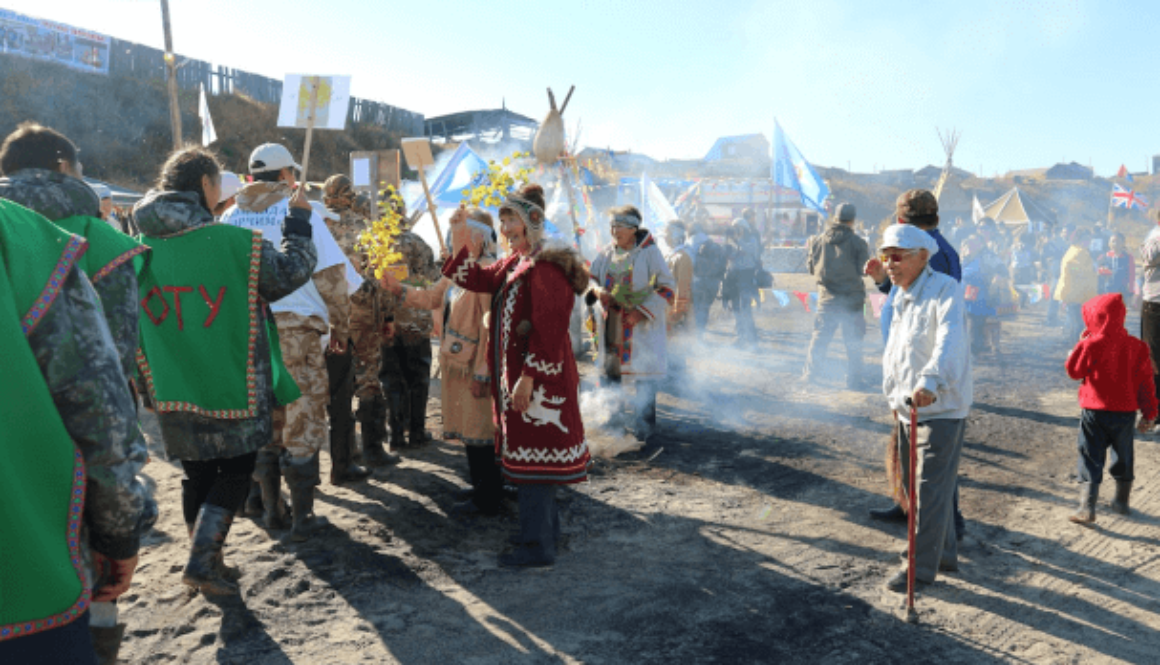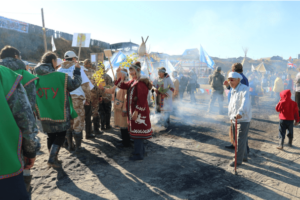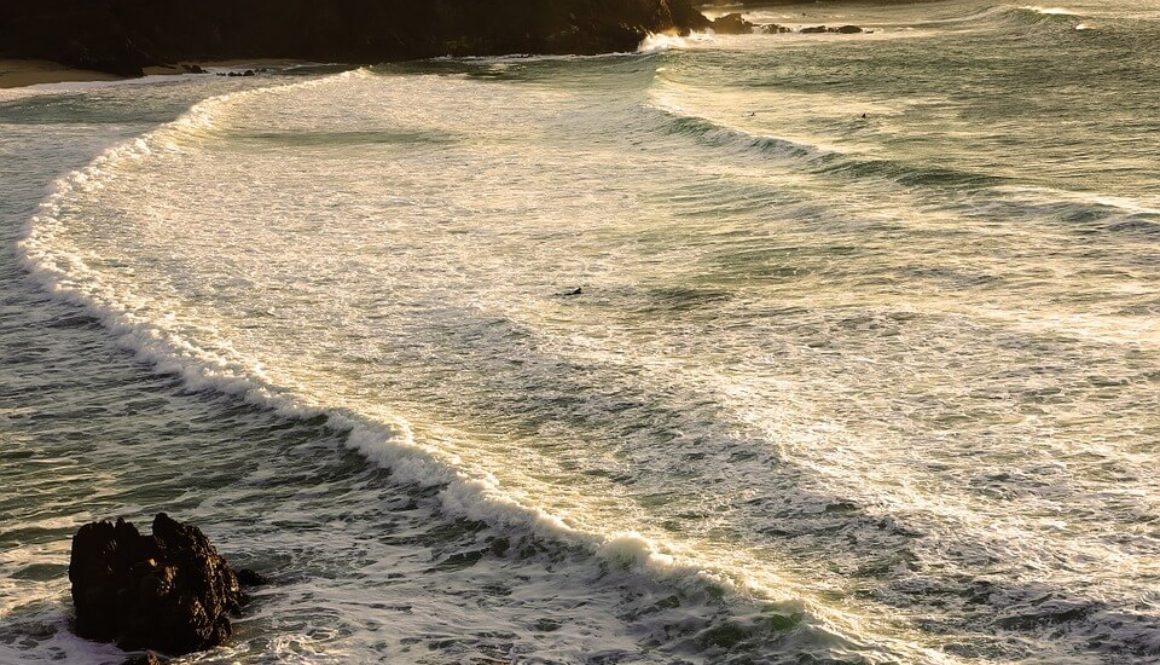Lippo 2018: gathering of SSFs in Finland and Sweden
Lippo 2018: the Festival of Northern Fishing Traditions that unites small-scale commercial fishers from around the world
6-8 September in Tornio, Finland
The aim of the event is to exchange experiences and discuss the future of commercial traditional fisheries tackling, amongst other subjects, the knowledge and management of fish stocks and the importance of traditional fishing heritage. Delegations from across the world will participate in the gathering, enriching the discussion with their values and different cultural and environmental backgrounds. Participants will have the opportunity to learn more on the special characteristics of the Torne river rapids and to meet local fishing communities.
Location & accommodation
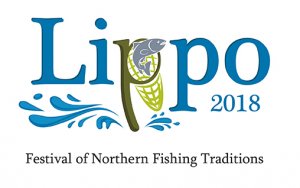 The festival will take place on both sides of the Torne river, crossing borders e.g. in cities of Haparanda (Sweden) and Tornio (Finland). A conference is due to take place on Friday 7th September 2018 at Peräpohjolan Opisto (address: Kivirannantie 13 – 15, 05410 Tornio, Finland). Networking, exchange of information, celebrations and different activities relating to fisheries culture will be taking place on the Swedish and Finnish side of Kukkola River rapids. Accommodation has been pre-booked for international guests in Sverigefinska folkhögskola or Park Hotel.
The festival will take place on both sides of the Torne river, crossing borders e.g. in cities of Haparanda (Sweden) and Tornio (Finland). A conference is due to take place on Friday 7th September 2018 at Peräpohjolan Opisto (address: Kivirannantie 13 – 15, 05410 Tornio, Finland). Networking, exchange of information, celebrations and different activities relating to fisheries culture will be taking place on the Swedish and Finnish side of Kukkola River rapids. Accommodation has been pre-booked for international guests in Sverigefinska folkhögskola or Park Hotel.
Nearest airports are:
Kemi-Tornio airport (25 km from Tornio city centre)
Oulu airport (130 km from Tornio)
Rovaniemi airport (130 km from Tornio)
Luleå airport (130 km from Tornio)
Preliminary Programme
Day 1, Thursday 6th September
Arrival of guests
Possibility to visit “Siika ja meänmaa” exhibition at Tornio Valley
Museum
Evening programme TBC
Day 2, Friday 7th September
8.10 Pick-up / Sverigefinska folkhögskola (Please notice this is Swedish time)
9.20 Pick-up/ Park Hotel (Finnish time)
Conference on Northern Fisheries, Fishing Traditions and their Future
9.30 Registration and coffee, Peräpohjolan Opisto
10.00 Welcome Statements
Tero Mustonen, Snowchange Cooperative
Hannele Keränen, Lapland University of Applied Sciences (TBC)
10.05 Opening statement
Sven-Erik Bucht, Minister of the Environment, Sweden (TBC)
10.15 Statements from State and Other Organisations
10.45 Roundtable: Future and Prospects of Small Scale and Traditional Fisheries in the North
Chair: Tero Mustonen, Snowchange cooperative Each panelist will have a chance to speak for 7 minutes Following the panel statements the Plenary will be opened for questions, comments and reflections from the Panel and the Floor
12.00 Lunch
13.45 Future of traditional fisheries: Festival Delegates introduce themselves: Russia, Alaska, Canadian First Nations, USA, the UK, Saami, Finland, New Zealand, Taiwan
15.30 Coffee break
16.00 Future of traditional fisheries: A Reflection from the International science community
16.45 Wrap up and closing of the seminar
Tero Mustonen, Snowchange Cooperative
17.00 End of conference day
Day 3, Saturday 8th September
9.00 Pick-up of international guests, Sverigefinska folkhögskola (Swedish time!)
10.10 Pick-up of international guests, Park hotel Tornio
10.30 Festival along Kukkolankoski river rapids, Finland
Introduction to traditional fishing in Tornio Valley
Whitefish market
15.00 Departure by bus
18.00 Pick-up of international guests, Park hotel Tornio
17.10 Pick-up of international guest, Sverigefinska folkhögskola (Swedish time)
18.30 Get-together evening on the Swedish side of Kukkolankoski river rapids
Background information
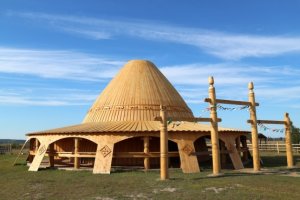 The first international fishing festival took place in 2014 based on the idea of a commercial fisherman, Olli Klemola (Pälkäne, Finland), who felt the need for a more direct exchange of information between fishing regions and communities. LIFE members Snowchange Cooperative (www.snowchange.org) have been coordinating the event since then.
The first international fishing festival took place in 2014 based on the idea of a commercial fisherman, Olli Klemola (Pälkäne, Finland), who felt the need for a more direct exchange of information between fishing regions and communities. LIFE members Snowchange Cooperative (www.snowchange.org) have been coordinating the event since then.
The second festival took place in September 2016 in Zigansk, Lena river, Yakutia, Siberia, and gathered more than 100 professional fishermen from different countries.
The 2018 edition will take place in the Tornio River Valley, an area where in past years local fishers have been deeply worried by the latest changes in the whitefish stock: the latter appears in the river almost one month later compared to 30 years ago and its size is also remarkably smaller. To face this issue, the fishing community decided to take action and start a project to strenghten the whitefish population. In late 2015, two different projects focusing on the “Tornio Valley Summer Whitefish” were selected and funded by the Interreg North Programme (European Regional Development Fund). One of the aims in the framework of these projects is to strengthen the attractiveness of the unique traditional fishing culture of the Tornio Valley and to foster a better and sustainable management of the Torne river whitefish population. During the first months, the projects organised a “joint whitefish symposium” addressed to Finnish and Swedish researchers, fishermen and other stakeholders, and attracted more than 100 participants.
In 2017 the event gathered 250 participants and, for the last event organised by the project to turn into an even larger celebration, they decided to join the forces with Snowchange Cooperative.
How to secure the future of traditional fishing?
The concept includes far more content than a fisherman and a catch. Traditional fishing means hand-made equipment, special structures built by village people, buildings, boats, livelihoods of whole communities. The
traditional knowledge embedded in a locally-based artisanal, traditional or small-scale commercial fishery is often centuries old. However these traditions are dying out or are under threat.
How to secure the welfare of fish stock?
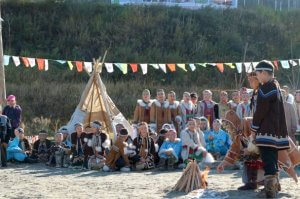 Do current regulations support sustainable fishing, or are they an obstacles for traditional practices? How are the rivers and lakes taken care of? What does science suggests as best practices in the management of fish stock? How to better ensure the involvement of fishers in fisheries protection and administration? What is the role of the community and are there methods to be benchmarked? These questions and many others will be discussed during the 3rd Festival of Northern Fishing Traditions and answered thanks to collective reflection and joint work.
Do current regulations support sustainable fishing, or are they an obstacles for traditional practices? How are the rivers and lakes taken care of? What does science suggests as best practices in the management of fish stock? How to better ensure the involvement of fishers in fisheries protection and administration? What is the role of the community and are there methods to be benchmarked? These questions and many others will be discussed during the 3rd Festival of Northern Fishing Traditions and answered thanks to collective reflection and joint work.
